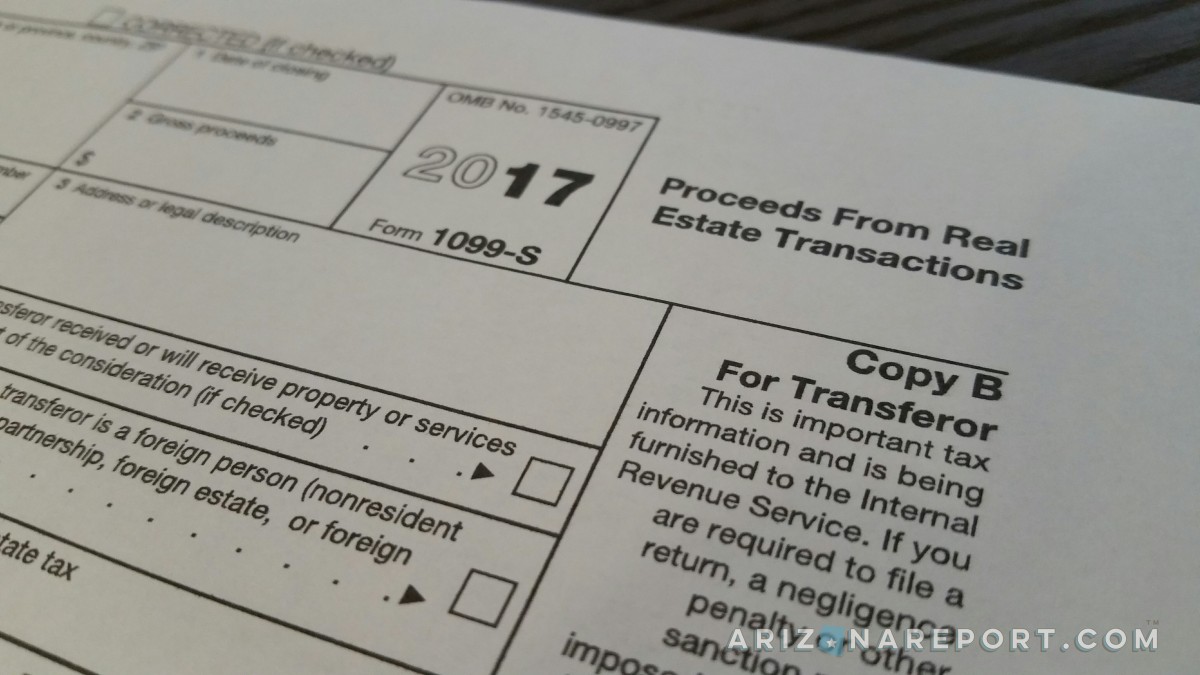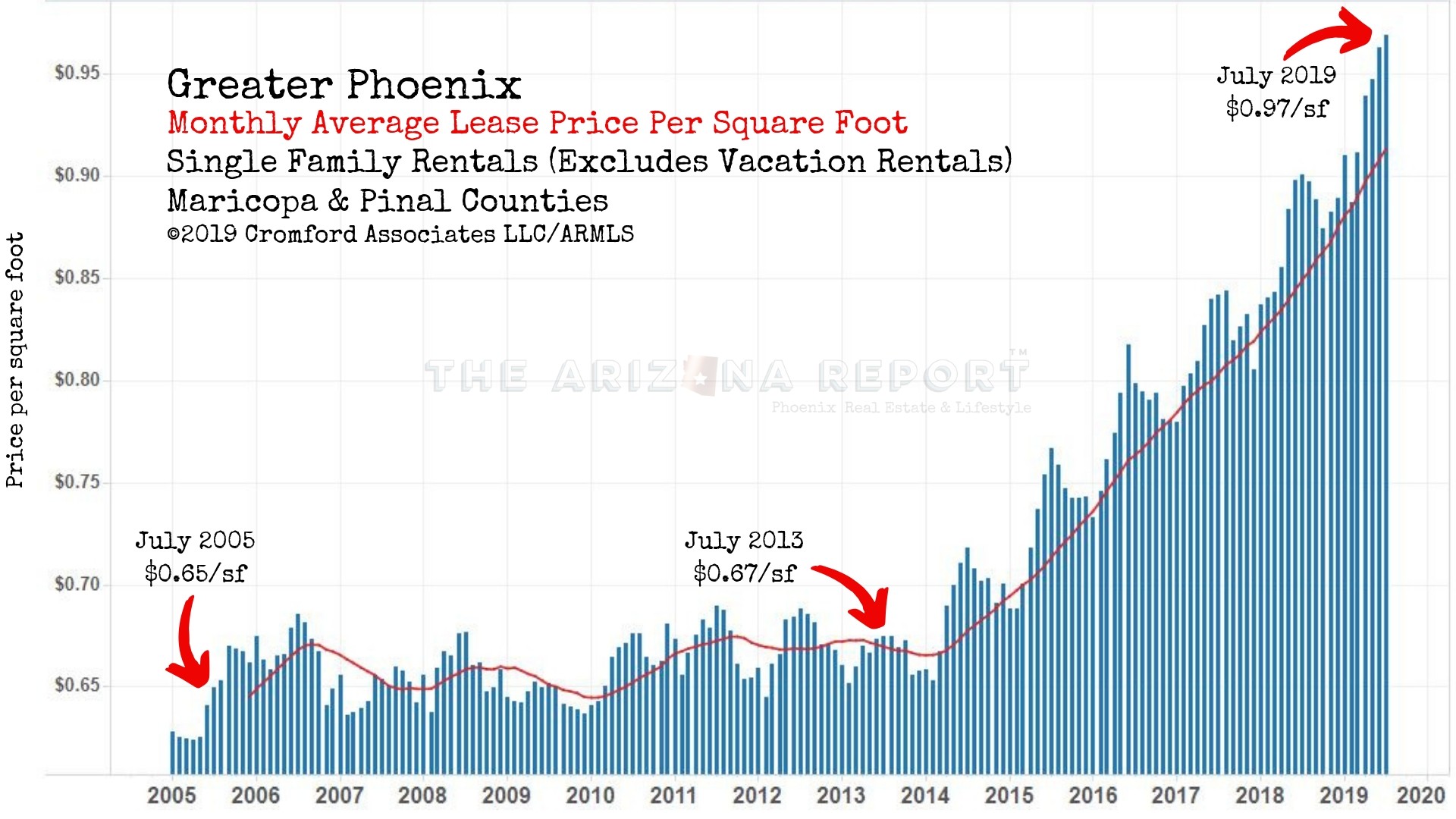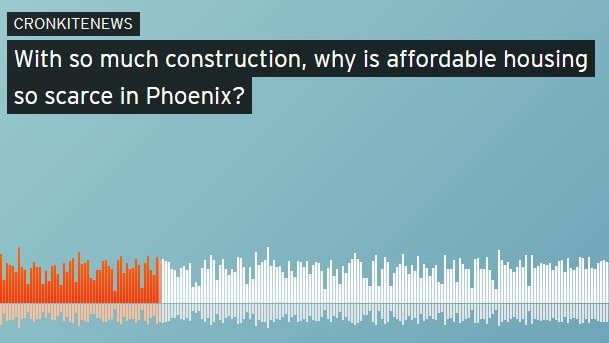- Fountain Hills Ties as Safest Zip Code in Phoenix - Oct 14, 2019
- How Many Single-Family Homes in Maricopa County? - Oct 13, 2019
- Investing in Multi-Family Real Estate in Your 20s - Oct 9, 2019
Arizona voters went to the polls in November 2008 and bid overwhelmingly in support of a constitutional amendment to ban real estate transfer taxes in the state. Fully 76.8% of voters backed the measure.
Known as Arizona Proposition 100 or the Protect Our Homes Act, it was signed by Governor Janet Napolitano in January 2009 and stands today. Effectively, it means that neither the Arizona state legislature nor cities, towns or municipalities can tap homeowners engaged in real estate transactions as a new source of funding.
If you are relocating to Arizona or simply moving across the street, the absence of a real estate transfer tax on residential property is welcome news. Arizona is one of 14 states without this tax.
A real estate transfer tax is a levy that is charged on buyers, sellers or transferees by a state or municipality. It’s triggered at the time that real estate is transferred between owners. The fee is generally paid by the seller in most locales, but it can also be paid by the buyer or split between the parties.
Amounts charged by different states range from .01% of the home price in Colorado to 1.5% in New Hampshire. Using a $400,000 home as an example, Colorado collects $40 and New Hampshire collects $6,000 (split between buyer and seller).
In some states, it is called a conveyance tax, recordation tax or real estate excise tax. Transfer taxes on real property usually fund schools and municipalities.
The Arizona Constitution
Below is the text of the 2009 Arizona constitutional amendment:
Article 9, Section 24: Prohibition of new real property sale or transfer tax
The state, any county, city, town, municipality or other political subdivision of the state, or any district created by law with authority to impose any tax, fee, stamp requirement or other assessment, shall not impose any new tax, fee, stamp requirement or other assessment, direct or indirect, on the act or privilege of selling, purchasing, granting, assigning, transferring, receiving, or otherwise conveying any interest in real property. This section does not apply to any tax, fee, or other assessment in existence on December 31, 2007.
This Broker’s Opinion
From the perspective of the Scottsdale real estate broker, levies like real estate transfer taxes have a chilling effect on real estate activity. They may prevent buyers, sellers, and investors from entering the real estate arena. Participants wait to sell or buy based on their ability to absorb the transfer tax.
Real estate transactions should be as fluid as possible. Arizonans should be able to move easily to follow employment and locate near better schools.
The ban on Arizona real estate transfer taxes is a good backstop against the slippery slope of taxation. Even a small transfer tax opens the door to larger transfer taxes down the road.
After all, a real estate transfer tax is effectively double taxation. Arizona homeowners already pay property taxes on land and structures. Why then should the real estate transactions be taxed?
Note that individual communities can have their own transfer fees that are not taxes. Sun City is one such location. Sellers there are responsible to pay a $3,500 Preservation and Improvement fee upon the sale or transfer to heirs.
The only difference between death and taxes is that death doesn’t get worse every time Congress meets.
– Will Rogers, American humorist







